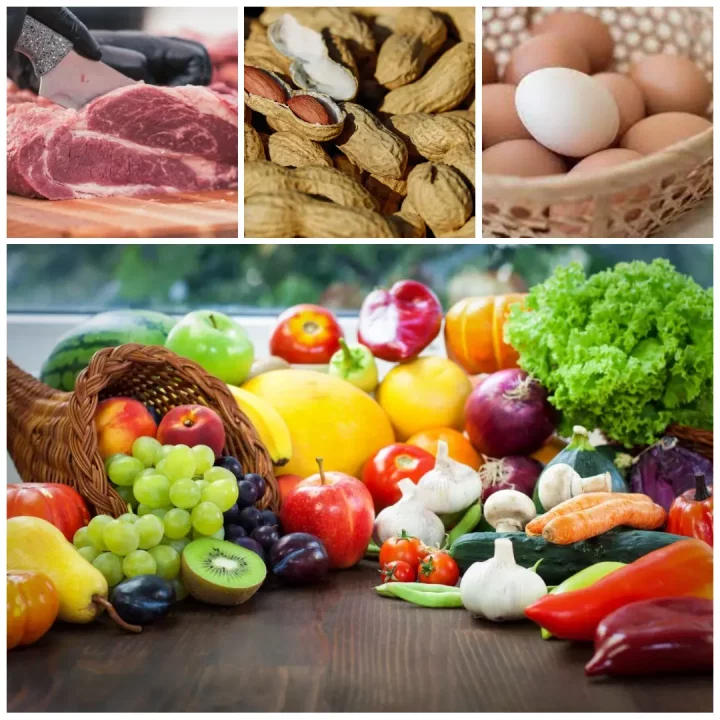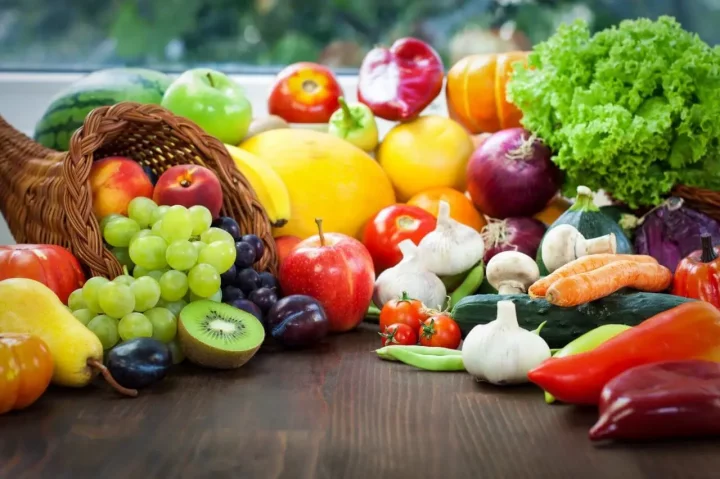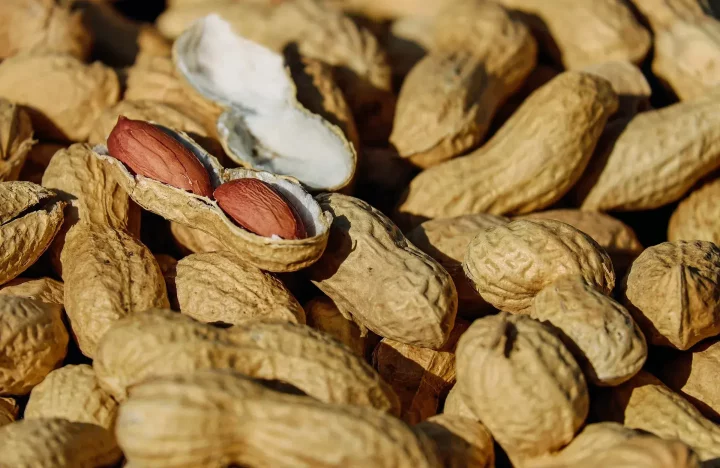
Certain foods are banned or restricted, and bringing them without declaration can lead to fines, confiscation, or even legal action.
If you're traveling to Canada or the UK, you may be tempted to bring along some of your favourite foods, but think twice! They might be banned.
Canada and UK have strict regulations on food imports to protect public health, agriculture, and the environment. Here's a list of foods you can't carry into both countries, along with the reasons for these restrictions.
1. Meat and Meat Products

Banned in: Canada & UK
Fresh, dried, smoked, or cured meats
Sausages, bacon, ham, jerky, and biltong
Meat-based soups, stews, and broths
Homemade or unpackaged meat products
These restrictions prevent the spread of animal diseases such as foot-and-mouth disease (FMD) and African swine fever. However, some commercially packaged and sealed meat products may be allowed if they meet strict guidelines.
2. Dairy Products
Banned in: Canada & UK
Fresh milk and cream
Cheese (unless from specific approved countries)
Butter and yogurt
Ice cream
Dairy restrictions aim to prevent contamination and the spread of diseases like bovine tuberculosis. Hard cheeses (e.g., Parmesan) and powdered milk from certain countries may be permitted.
3. Fresh Fruits and Vegetables

Banned in: Canada & UK
Fresh apples, oranges, bananas, and berries
Leafy greens, root vegetables, and herbs
Cut or prepared fruits and vegetables
These items can carry invasive pests and plant diseases that threaten local agriculture. Some dried or processed fruits and vegetables (like raisins or canned goods) are allowed.
4. Fish and Seafood
Banned in: Canada & UK (with restrictions)
Fresh or frozen fish (without certification)
Shellfish, shrimp, lobster, and crabs
Smoked or cured fish (depends on the source)
This is to prevent contamination from marine toxins, bacteria, and diseases. However, some processed and canned seafood products may be allowed if they meet health regulations.
5. Eggs and Egg Products

Banned in: Canada & UK
Raw or fresh eggs
Egg-based products (mayonnaise, custards, homemade baked goods)
This is due to a risk of salmonella contamination and bird flu transmission but some commercially processed egg products may be allowed.
6. Honey and Other Bee Products
Banned in: Canada & UK
Raw honey
Royal jelly
Bee pollen and comb honey
Honey can carry bacteria and diseases that affect local bee populations but processed honey from approved countries may be allowed in small quantities.
7. Nuts and Seeds

Banned in: Canada & UK (with restrictions)
Raw peanuts, almonds, cashews, and walnuts
Sunflower seeds and other raw seeds
Unroasted or unprocessed nuts
This is due to a risk of pest infestation and agricultural diseases but roasted, salted, or processed nuts and seeds may be permitted.
8. Homemade or Unlabeled Foods
Banned in: Canada & UK
Homemade cooked meals
Unlabeled snacks and processed foods
Opened or repackaged food items
Health and safety concerns due to lack of proper labeling and inspection, but factory-sealed, clearly labeled food items from recognized brands may be allowed.
If you attempt to bring banned or restricted foods into Canada or the UK, the items may be confiscated at customs or you could face fines or legal action if the food is not declared.
To avoid issues, always declare your food items upon arrival. If you're unsure whether something is allowed, check the official government websites before travelling.
















Comments